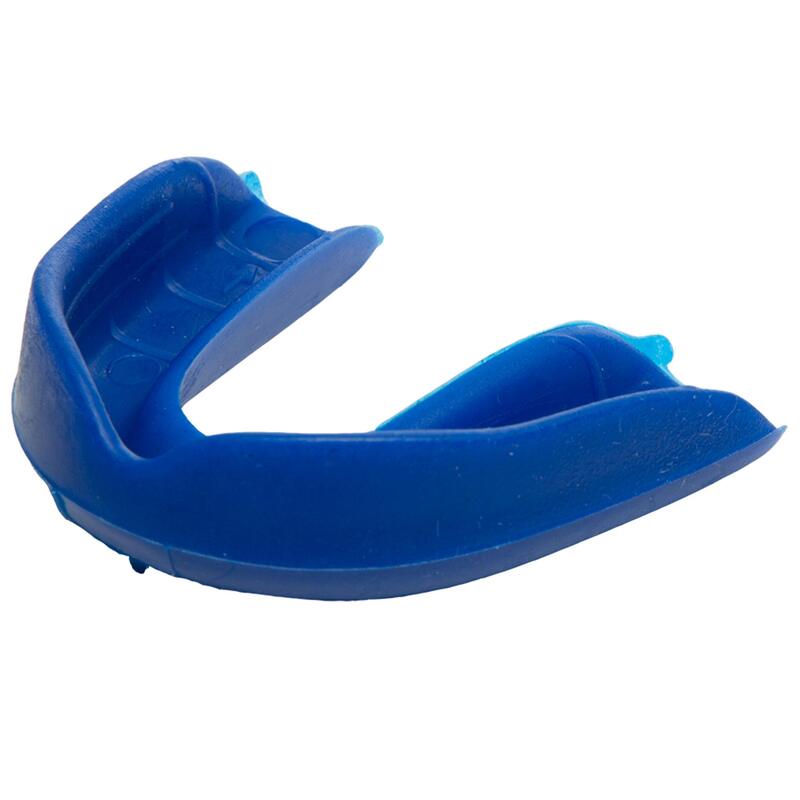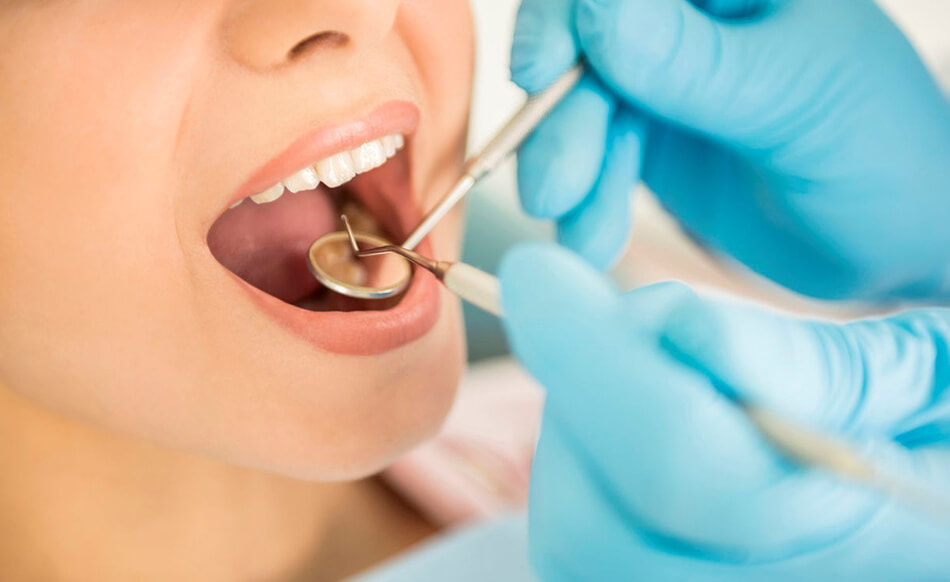With over 20 years of experience, James Frizzell, DDS, operates a private dental practice in Niagara Falls, Ontario. Dr. James Frizzell and his staff provide thoughtful, attentive care related to general and preventive dentistry as well as restorative and cosmetic procedures. As a dentist, James Frizzell, DDS, has encountered several trauma cases related to ice hockey injuries. Research shows that wearing a mouthguard can significantly decrease an ice hockey player’s risk for dental injury.
When hockey players step on the ice, they are immediately at risk for injury. With hockey sticks flailing, players checking, and pucks flying at up to 105 miles per hour, it isn’t surprising that players experience injuries to the head and mouth. Thankfully, most sports organizations recognize the risks associated with hockey and require protective equipment, including mouthguards.
According to a study conducted by the Journal of Sports Medicine, mouthguards significantly reduce the risk of oral and facial injuries to hockey players. In fact, players who do not wear mouthguards are twice as likely to experience a serious injury. Not only do well-designed guards result in fewer lost or broken teeth, they also function as a shock absorber, reducing the impact of blows to the face or jaw.
Some ice hockey players resist the idea of using mouthguards while they play, but dentists can provide valuable information regarding their long-term benefits.
When hockey players step on the ice, they are immediately at risk for injury. With hockey sticks flailing, players checking, and pucks flying at up to 105 miles per hour, it isn’t surprising that players experience injuries to the head and mouth. Thankfully, most sports organizations recognize the risks associated with hockey and require protective equipment, including mouthguards.
According to a study conducted by the Journal of Sports Medicine, mouthguards significantly reduce the risk of oral and facial injuries to hockey players. In fact, players who do not wear mouthguards are twice as likely to experience a serious injury. Not only do well-designed guards result in fewer lost or broken teeth, they also function as a shock absorber, reducing the impact of blows to the face or jaw.
Some ice hockey players resist the idea of using mouthguards while they play, but dentists can provide valuable information regarding their long-term benefits.


 RSS Feed
RSS Feed
